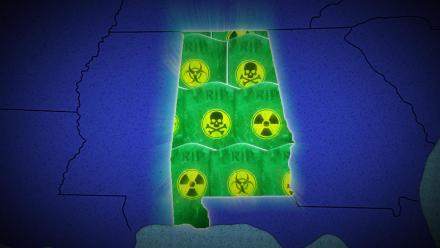
America’s Problematic History of Water Rights
S1 E14 - 12m 44s
Water isn’t just a resource — it’s a battleground where the sacred meets the stolen. As the Great Salt Lake loses its vitality, who gets clean water? Who profits from scarcity? And who gets left to dry?

